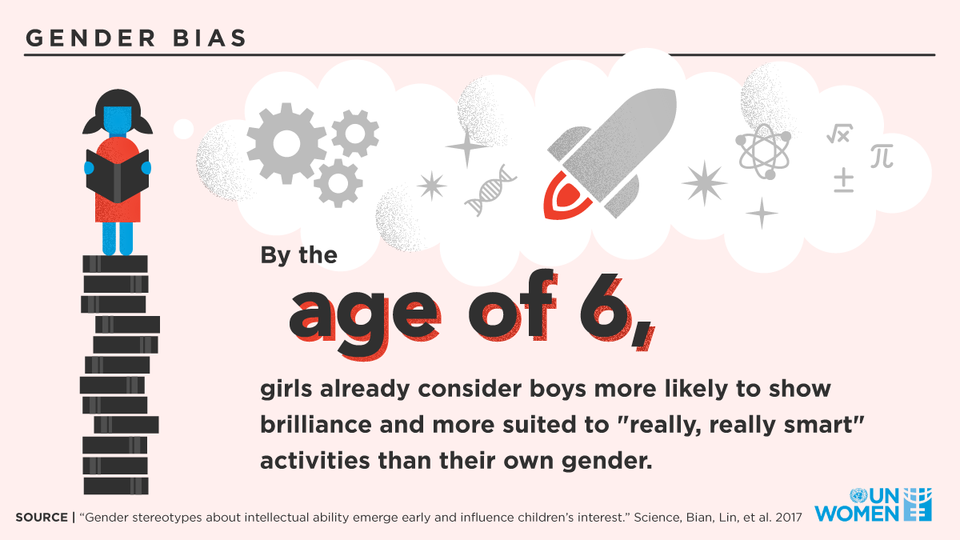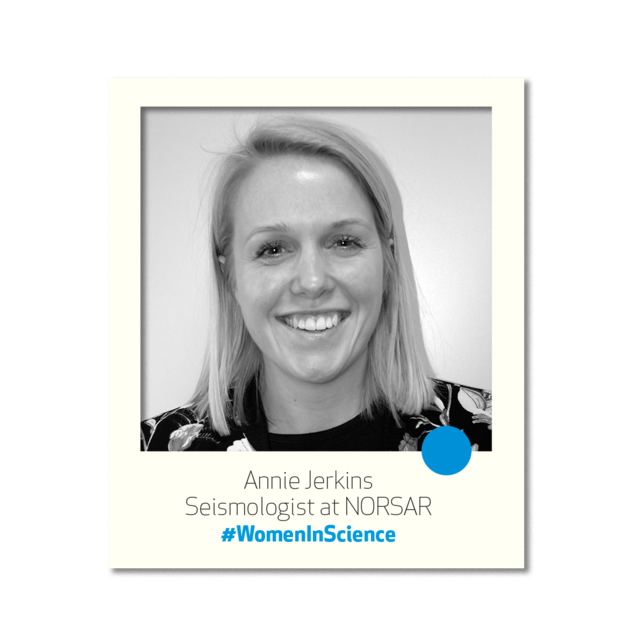#WomenInScience : Meet Seismologist Annie Jerkins

On 11 February, we are going to celebrate the International Day for Women and Girls in Science. The United Nations General Assembly has established an annual International Day to recognize the critical role women and girls play in science and technology.
Unfortunately, there are still gender disparities within fields such as natural sciences, mathematics, and statistics. We believe all parties are beneficiaries of gender balance in science.
Throughout this week we will front some of our female colleagues and first one out is Seismologist Annie Jerkins:
What did you study – and why did you choose this field?
I have a master’s degree in Geophysics from the University of Bergen and currently pursue a Ph.D. in Seismology at the University of Oslo.
I chose to study Geophysics and Seismology because I have always had an interest for maths and been intrigued by how this can be applied to real-world problems. When I was a child, I saw a volcano on a vacation to Lanzarote, and since then been fascinated by the earth’s inner powers.
What do you work with at NORSAR?
I work as a Seismologist and, as mentioned, currently pursue a Ph.D in Seismology. The topic of my Ph.D is improved understanding of earthquakes in the North Sea. The understanding of these earthquakes is important for oil and gas endeavours in the area.
In addition, I have been a part of the start-up of the Young Professionals Network (YPN) for the Comprehensive Nuclear-Test-Ban Treaty Organistation (CTBTO). This is an important initiative, and its objective is to provide an adequate venue for young professionals to grow and learn within CTBO’s aims – an organisation undergoing a generational shift.
Do you have any recommendations for women and girls who consider science?
If you are female and interested in science, I think you should go for it!
Women and men have the same preconditions to succeed in science. I also believe a good balance between female and male in work environments makes better dynamics and, thus, better results. There is an increasing number of women in science, and at NORSAR the number of women has increased drastically the past years. This has been fully positive.
Thank for you for choosing science, Annie!
